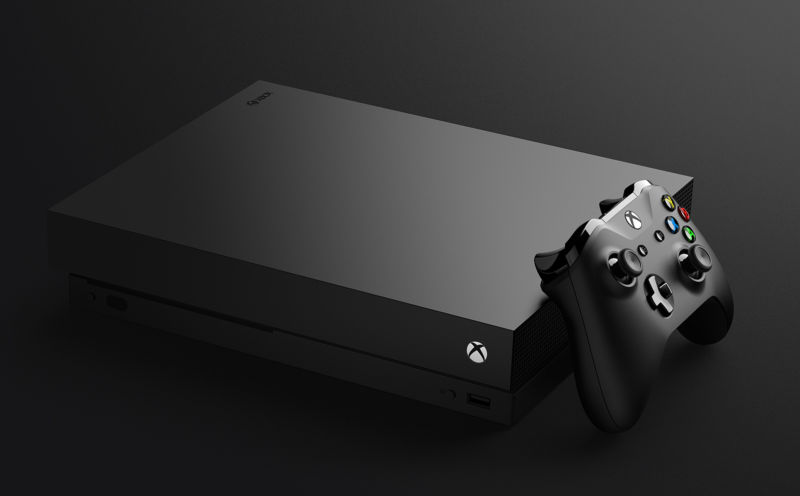
A video game industry lobby group is joining the lawsuit that seeks to reinstate net neutrality rules in the US, saying that the net neutrality repeal could harm multiplayer online games that require robust Internet connections.
The Entertainment Software Association (ESA) yesterday filed a motion for leave to intervene so that it can support the case against the Federal Communications Commission. The lawsuit, filed by a mix of Democratic state attorneys general, tech companies such as Mozilla, and consumer advocacy groups, seeks to reverse the FCC’s December 2017 vote to eliminate net neutrality rules.
The ESA said its members will be harmed by the repeal “because the FCC’s Order permits ISPs to take actions that could jeopardize the fast, reliable, and low-latency connections that are critical to the video game industry.”
ESA: Net neutrality protects online gaming
The net neutrality rules prohibit Internet service providers from blocking or throttling lawful Internet traffic and prevent paid prioritization deals in which ISPs would charge online services for better access to Internet users. The rules are technically still on the books until after the US Office of Management and Budget approves some “modified information collection requirements.”
The ESA brief, filed in the US Court of Appeals for the District of Columbia Circuit, says that the no-blocking and no-throttling rules are crucial to the video game industry:
The FCC’s Order eliminates the rules that prevent broadband providers from blocking, throttling, and otherwise interfering with consumers’ access to content online. Absent these protections, ESA and its member companies will have no effective legal recourse against broadband provider conduct that impairs consumers’ online video game experiences. In particular, broadband providers are now permitted to engage in practices that degrade consumers’ traffic. That, in turn, could have significant consequences for the enjoyment of multiplayer online games and cloud-based game play services, both of which require low-latency connections to support rapid and continuous interactivity.
While music and movie streaming providers can use buffering to account for network problems, the ESA said that “games cannot be buffered to compensate for problems with the broadband connection.”
But it isn’t just online gaming that the ESA is worried about—the net neutrality repeal could also harm downloads of large games, the ESA said. “Degradation of consumers’ traffic could also impact game distribution networks, which depend upon adequate and consistent bandwidth to deliver large file downloads in a timely manner,” the group wrote. “ESA therefore supports enforceable open Internet protections that have helped fuel dynamic growth, competition, and innovation in the video game industry.”
ESA represents big players in the video game industry such as Sony, Nintendo, Microsoft, Bethesda, Capcom, Disney, EA, Epic Games, Konami, Magic Leap, Nvidia, Ubisoft, Square Enix, and Warner Bros.
“Consumers deserve rules of the road that prevent blocking, throttling, and other restrictive conduct,” ESA General Counsel Stan Pierre-Louis said in an announcement. “ESA will make that case in the months ahead on behalf of America’s gamers and game makers.”
More online companies defend net neutrality
As an intervenor in the case, the ESA can be represented in oral arguments and would file briefs in support of the lawsuit. The ESA will play a similar role as the Internet Association, a lobby group for Amazon, Google, Facebook, Netflix, and other Web companies, which also filed a motion to intervene this week.
The Internet Association brief says the net neutrality repeal leaves Internet companies and consumers with “no effective legal recourse against broadband providers that distort competition and impede communication by preventing or discouraging consumers from reaching the online content of their choice.”
The Internet Association also noted that the repeal eliminates FCC oversight of interconnection payment disputes, which can harm online service quality when content providers refuse to pay the price ISPs demand for direct network connections.
A few other groups filed motions to support the case against the FCC this week. They include the National Association of Regulatory Utility Commissioners, the Computer & Communications Industry Association, and the Writers Guild of America, West.
The FCC, as the defendant in the case, will be supported by intervenors who oppose net neutrality rules. Lobby groups that represent every major home Internet and mobile broadband provider in the US already filed motions to support the FCC in the case.
The case is titled Mozilla Corporation v. Federal Communications Commission and United States of America.
https://arstechnica.com/?p=1288657

